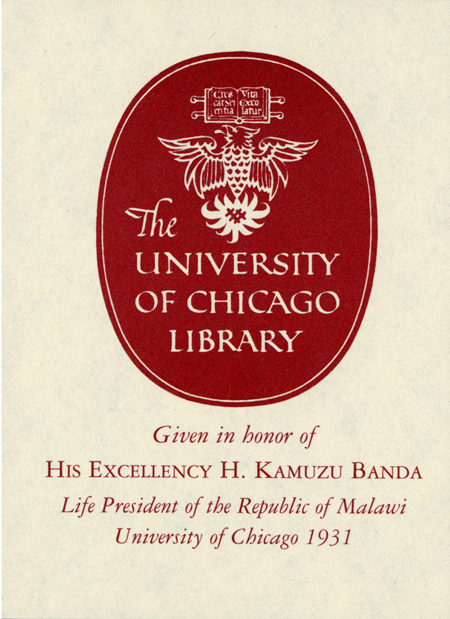| Summary: | "In Mozambique and Guinea, the Portuguese colonial administration had to deal with Muslim communities of significant population expression and whose internal cultural differentiations presented a complexity to which the administrative power was often unprepared. The exercise of this governance, with all the variations that characterized it, extended throughout the period that the colonial project lasted, from the phase of effective military occupation, in the transition from the nineteenth to the twentieth century, until the end of the colonial wars in 1974. In this chronological segment, Portuguese Colonialism and Islam seeks to address the circumstances of the colonial governance and regulation of those populations, focusing on: (1) The representations and images of Islam and Muslims that the agents of Portuguese colonialism produced at significant stages of the period, the recurrence of this imagery, its evolution, and the way it interacted with the concrete policies of control and governance of the populations. (2) The changes that such policies underwent, oscillating between a posture of ambivalent hostility, more visible in the 1930s to 1950s and more present in Mozambique than in Guinea, and a strategy of rapprochement with the Islamic leadership and their religious enticement, a strategy developed in the final phase of the Colonial War as part of the fight against nationalist movements. (3) The critical eye with which representatives of former colonial powers followed the Portuguese policies of governance of Islam, expressed in the testimonies of consuls-general of France and the United Kingdom, and documents conveying how diplomatic bodies perceived the Portuguese colonial system"--
|
|---|

